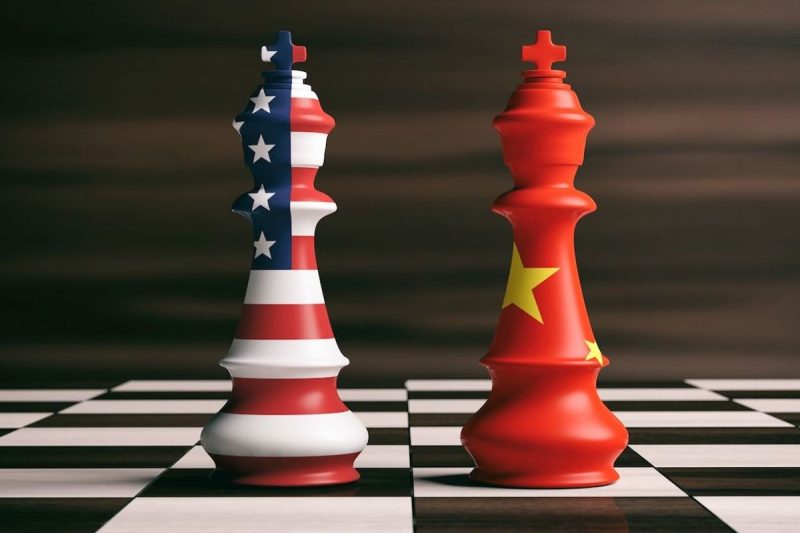
Biden Administration’s Bold Move: Chinese Vehicles Faces Ban Over Espionage Fears
The Biden administration recently made headlines with its proposal to ban Chinese vehicles from entering the US market, citing concerns of espionage and national security threats. The decision comes in the midst of escalating tensions between the two global economic giants, the United States and China, adding another layer of complexity to their already strained relationship.
The proposed ban is rooted in the fear that Chinese vehicle manufacturers, particularly those with strong ties to the Chinese government, could be using their products as a means to collect sensitive data and potentially engage in espionage activities. Given the growing reliance on technology and data in modern vehicles, concerns regarding the safety and security of personal information are valid and warrant serious attention.
While the ban may be a significant blow to Chinese automakers, such as BYD and Geely, it also raises questions about the impact on the global automotive industry as a whole. With China being the largest market for electric vehicles and a major player in the automotive sector, the ban could disrupt supply chains, raise production costs, and ultimately affect consumers worldwide.
Moreover, the decision to ban Chinese vehicles underscores the broader issue of cybersecurity and the importance of safeguarding sensitive data in an increasingly interconnected world. As technology continues to advance and become integrated into various aspects of daily life, the need for robust cybersecurity measures is more critical than ever.
The Biden administration’s proposal has sparked debates among policymakers, industry experts, and consumers alike. Some argue that the ban is a necessary step to protect national security and prevent potential threats, while others warn of potential economic repercussions and the need for a more nuanced approach to addressing cybersecurity concerns in the automotive industry.
Moving forward, it is clear that finding a balance between security and innovation will be key in navigating the complex landscape of cybersecurity in the automotive sector. As advancements in technology continue to reshape the industry, policymakers and industry stakeholders must work together to develop comprehensive strategies that address security challenges without stifling innovation.
In conclusion, the proposed ban on Chinese vehicles by the Biden administration reflects the growing importance of cybersecurity in the automotive industry and underscores the need for proactive measures to protect sensitive data and ensure national security. This development will undoubtedly have far-reaching implications for global automotive markets and serve as a reminder of the complex interplay between security, innovation, and international relations in a rapidly changing world.
